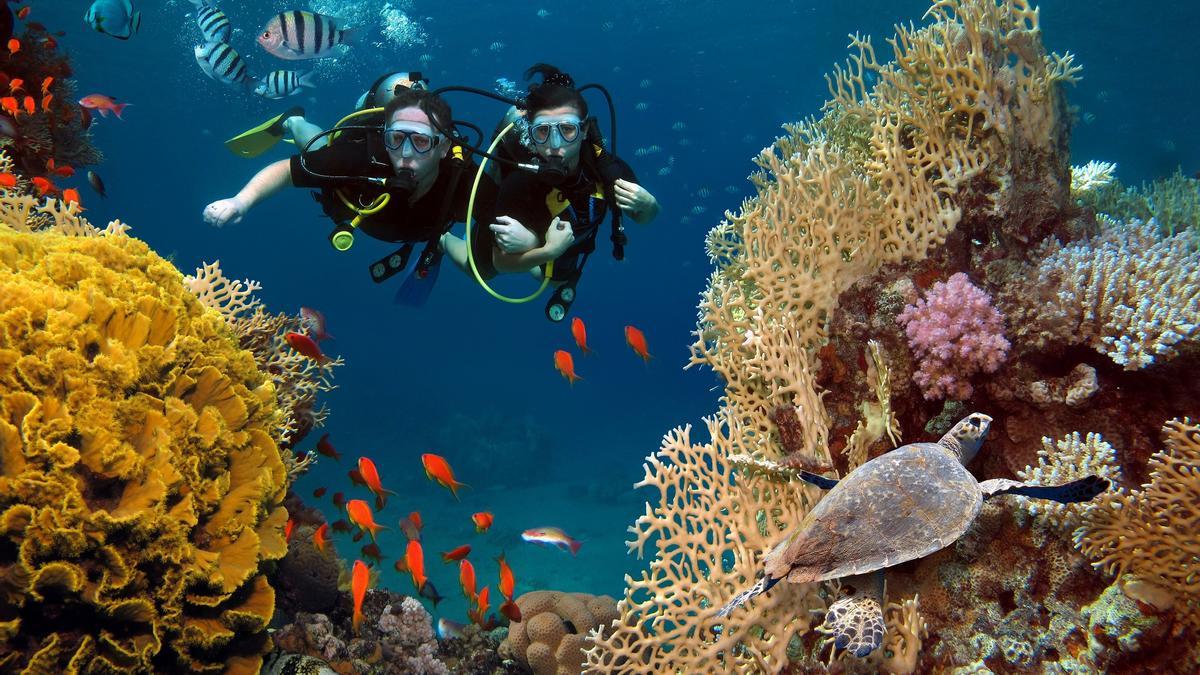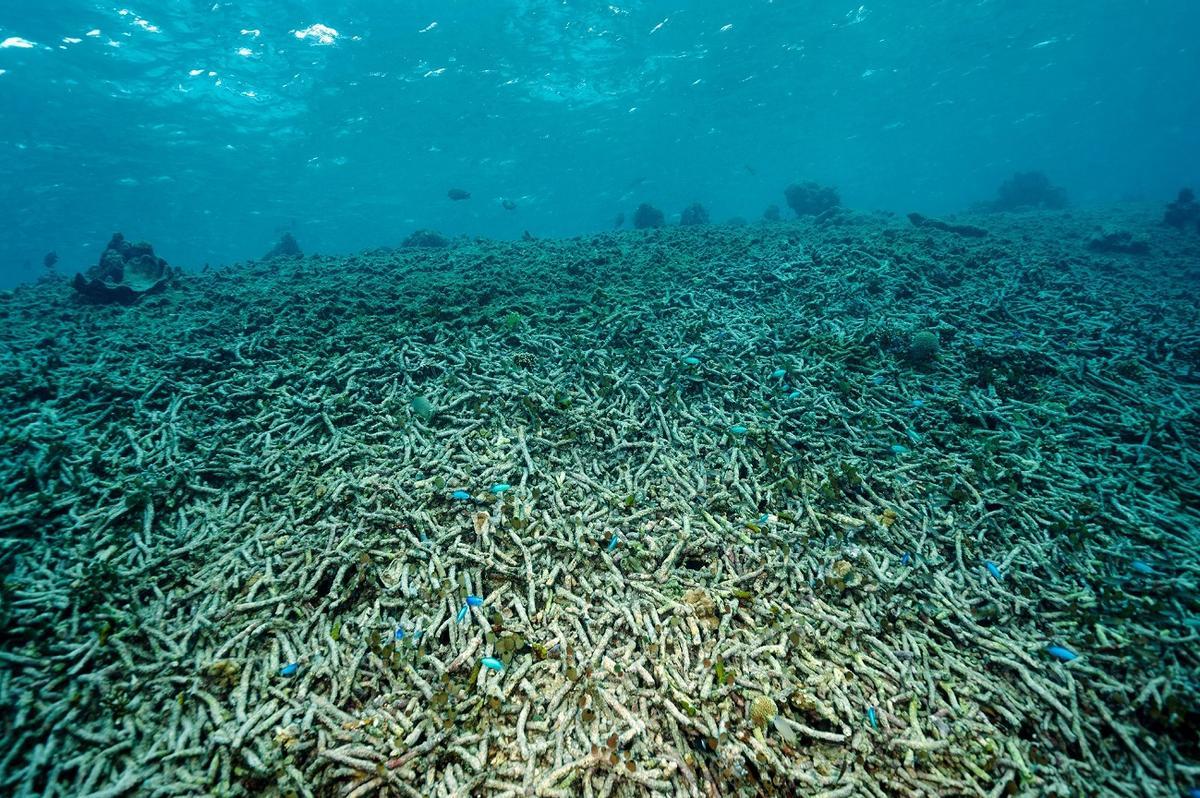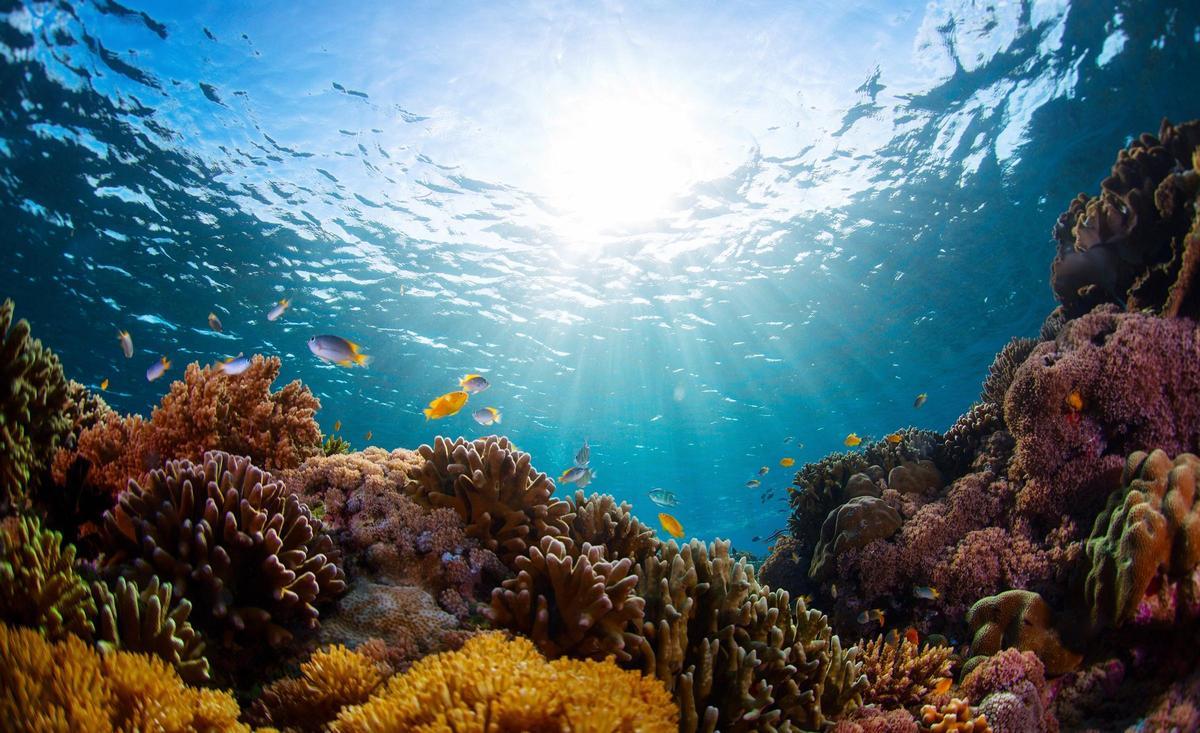SUSTAINABLE CORALS | The first corals resistant to sea heat waves are born

The first ones were born corals resistant to sea heat waves. Thanks to selective breeding of these species, specialists managed to improve them high temperature resistancein an attempt to adapt the species to a future planet where climate change is wreaking havoc on both the seas and land.
This was demonstrated by a group of specialists from the Coralassist Laboratory of the University of Newcastle (UK), who claim that by breeding corals it is possible to achieve almost immediate results, in just one generation.
Now the improvement achieved was too modest and insufficient to mitigate the consequences of future marine heat waves. In this sense, the authors, who published their results in the journal Nature Communications, insist that this is not a solution to the problems caused by climate change. To mitigate the effects of warming, they stress, global greenhouse gas emissions must be radically reduced.

Coral reef hit by high temperatures /Shutterstock
“This work shows that selective breeding is viable, but it is not a miracle solution. and more research is needed to maximize breeding outcomes,” said study lead author Liam Lax, a research fellow at Newcastle University. “Rapidly reducing global greenhouse gas emissions is an absolute requirement to mitigate warming and give corals a chance. adapt,” he adds.
According to James Guest, a professor at the same university, these the results are promising, because “they show that selective breeding can be a powerful tool for improving the resilience of populations.”
While the results are encouraging, scientists warn that they alone are not enough to save the corals.
Despite the success, the discovery still has many unknowns. Scientists wonder how many corals will have to be replanted to truly save the wild population, and whether this tolerance can be guaranteed not to be lost over time. And some of the answers to these questions will come from climate action itself. “The effectiveness of this intervention will depend on urgent action to combat climate change,” he insists.
Selective breeding, a subject of debate
Selective breeding is common practice of humanity for thousands of years. It was created with the aim of producing animals and plants with the most desirable characteristics for production. And although it was vetoed over the years by many conservationists who considered it way to change natureThe truth is that it has managed to gain relevance due to the rapid development of climate change, becoming a fundamental tool for mitigating the effects of this crisis.

Corals are home to many types of life /Shutterstock
Global warming is pushing marine ecosystems to their limits. Reef-building corals are very sensitive to marine heat waves, which often cause mass episodes whitening and coral mortality. According to the State of the World’s Coral Reefs 2020 report, about 14% of the world’s coral was lost between 2009 and this date.
25% of marine species live in coral reefs
The loss of coral reefs would be catastrophic. Although reefs cover only 0.2% of the ocean floor, they are home to at least a quarter of all marine species, providing critical habitat and a major source of protein as well as vital medicines. It is assumed that hundreds of millions of people around the world depend on these ecosystems for food, jobs and protection from storms and erosion.
The task is so great and important that researchers They believe that the work must continue.. The study’s lead author, Adriana Humanes, emphasizes that “much work remains to be done before selective breeding can be successfully implemented.” how these traits are genetically related.”
Reference study: https://www.nature.com/articles/s41467-024-52895-1.
………….
Environment Department contact: Crisisclimatica@prensaiberica.es
